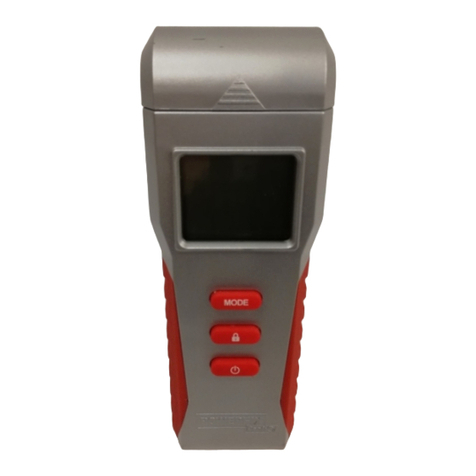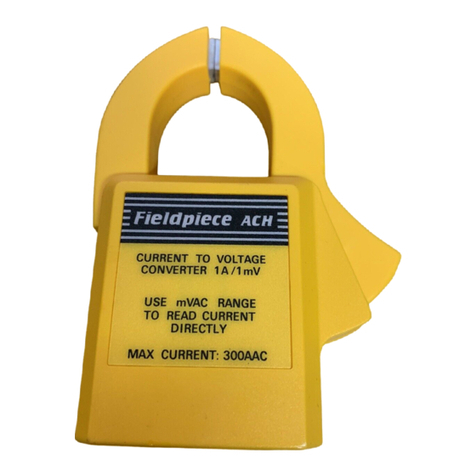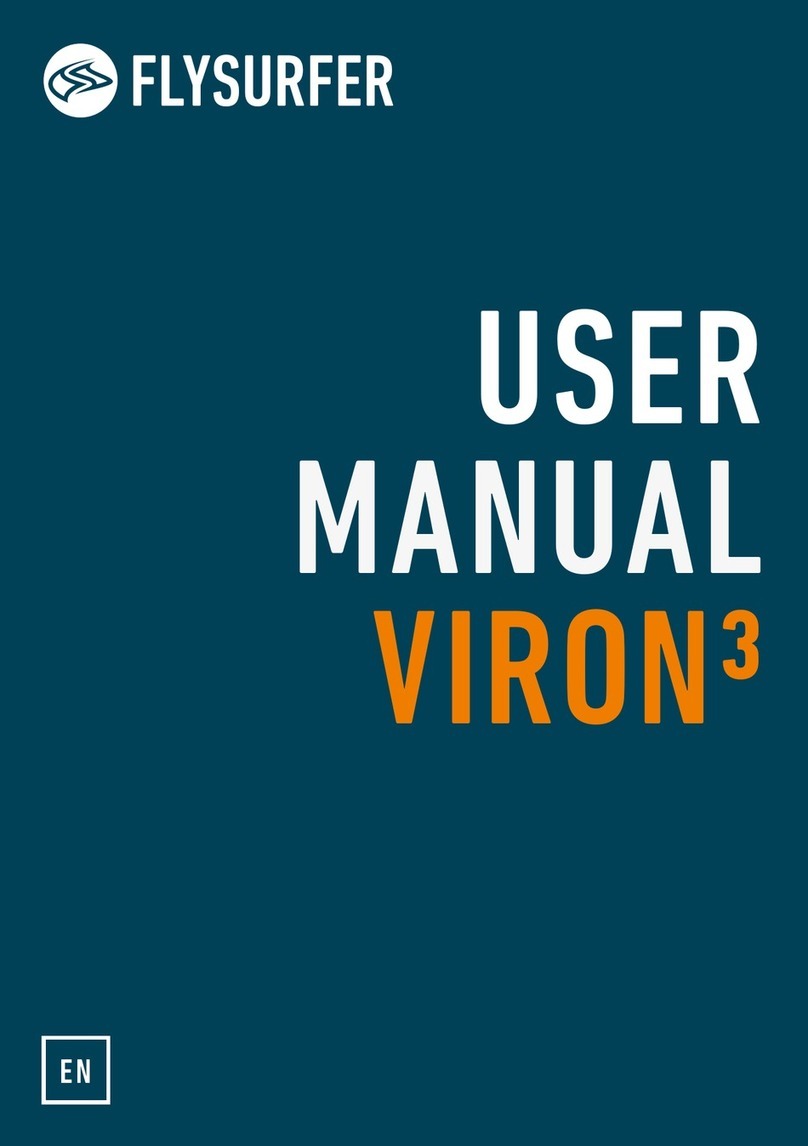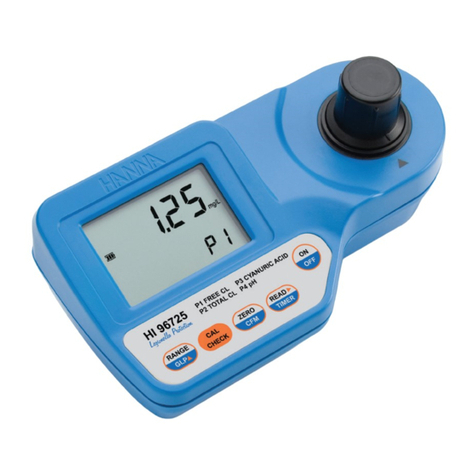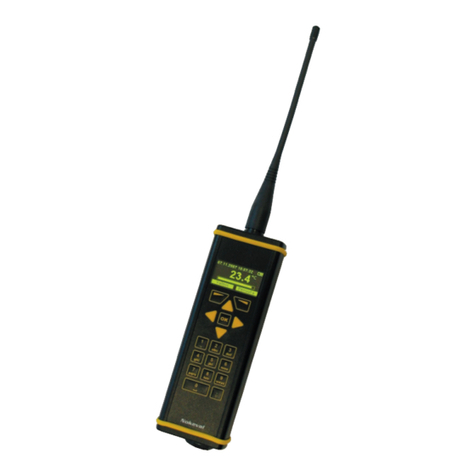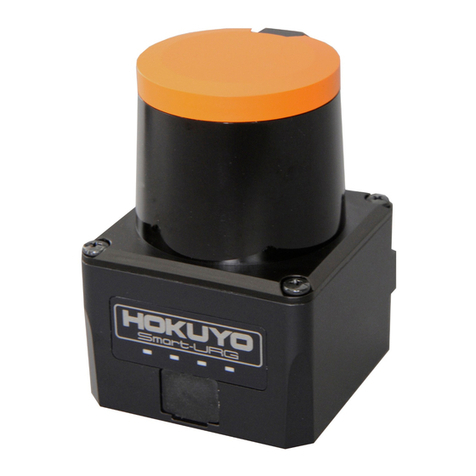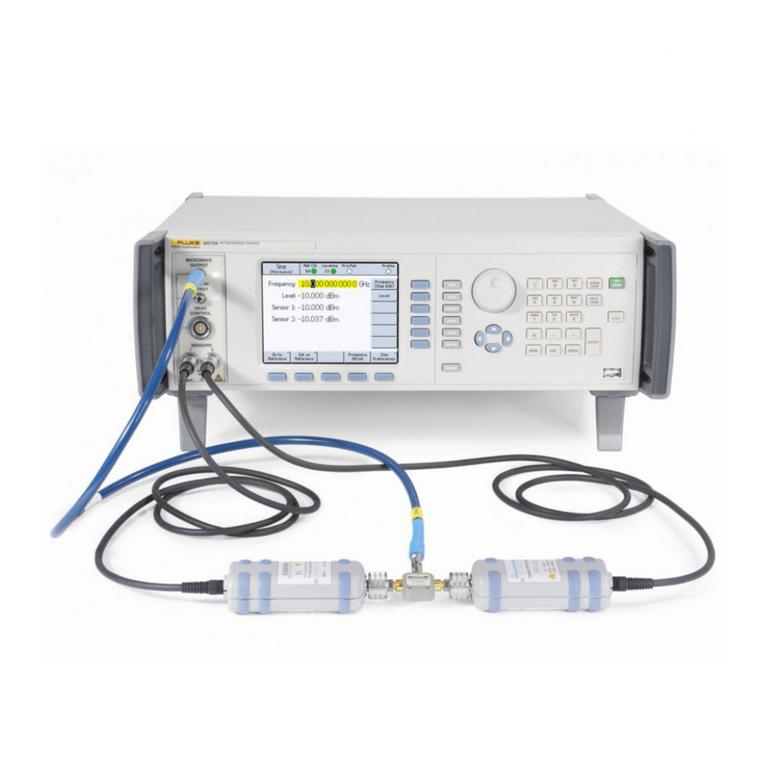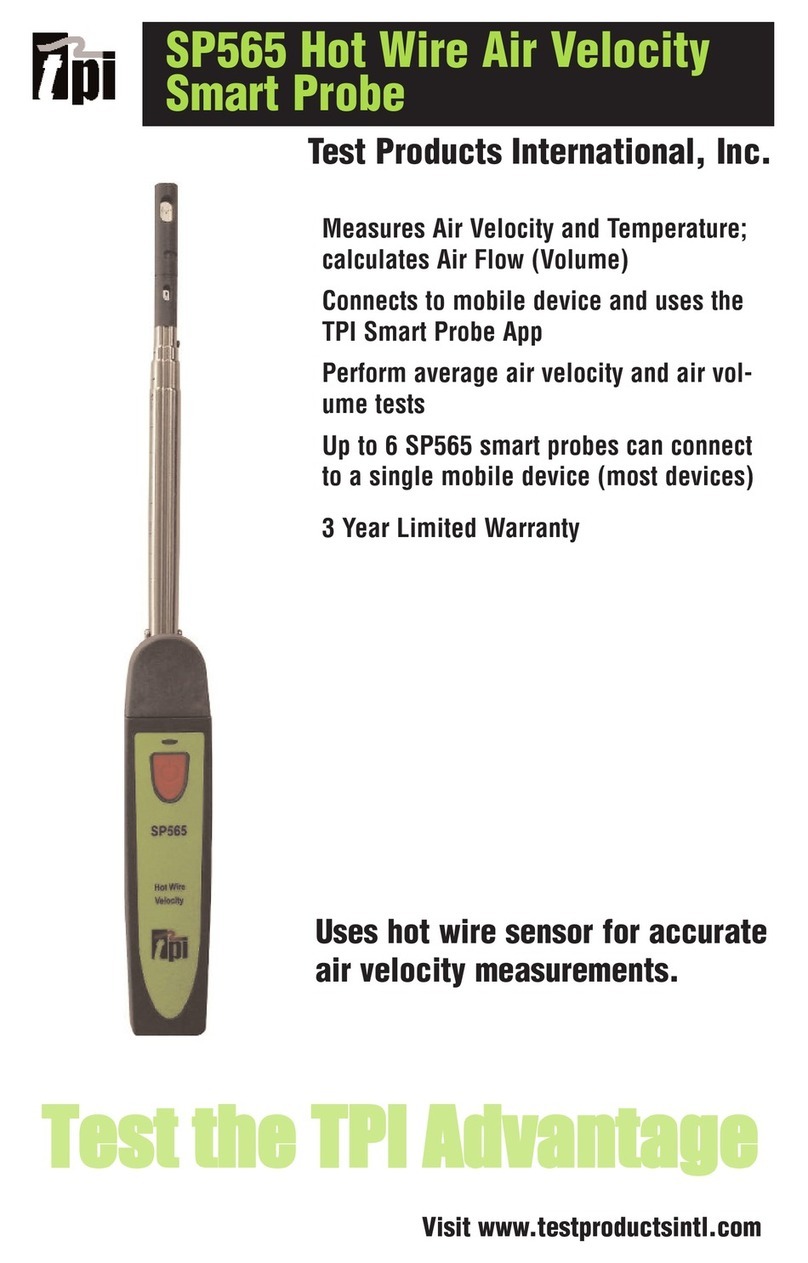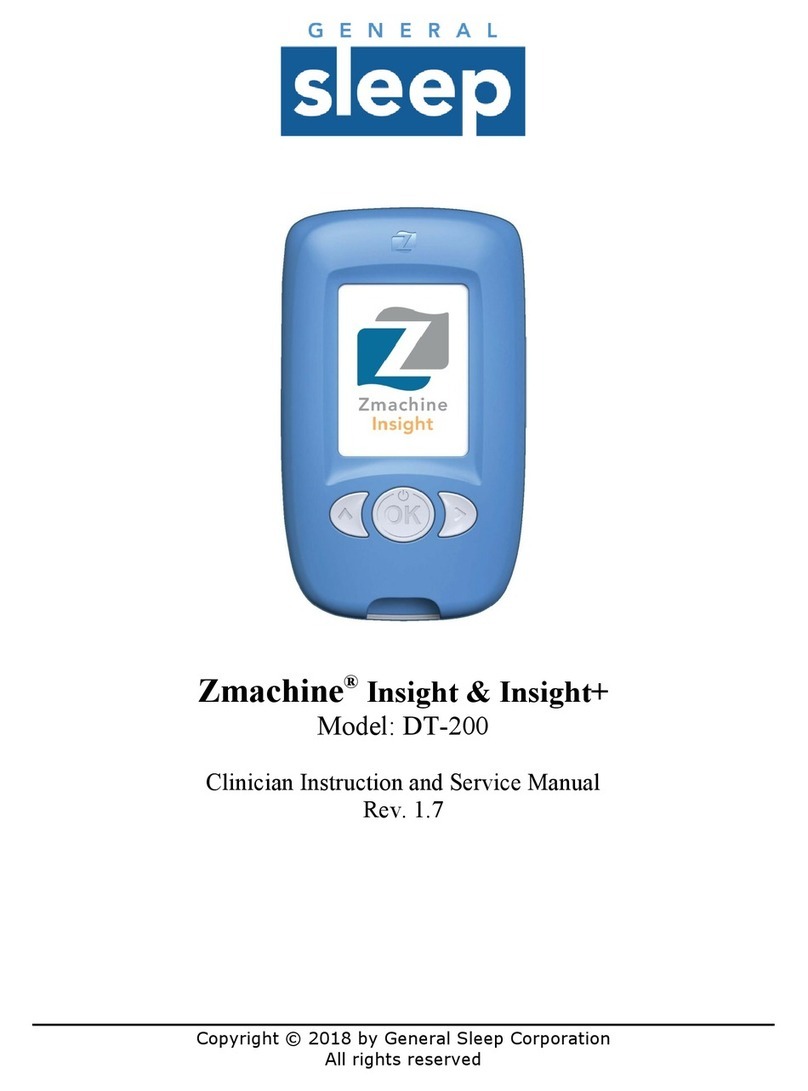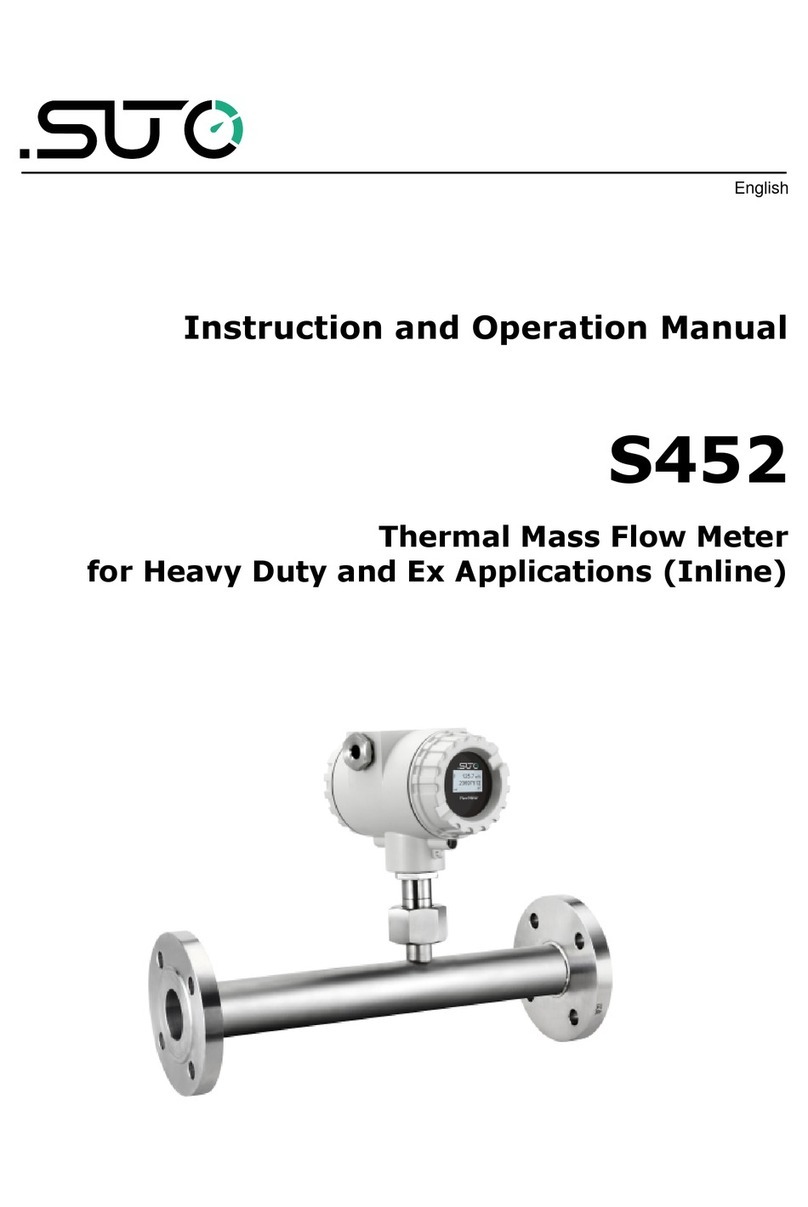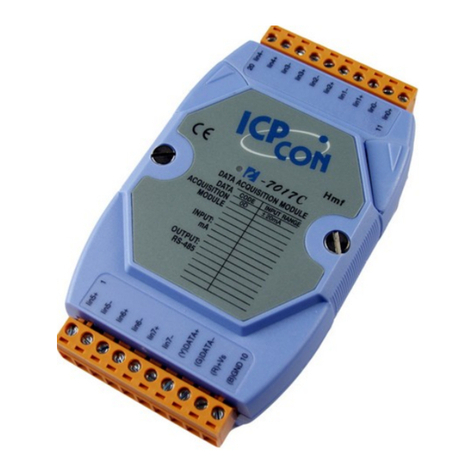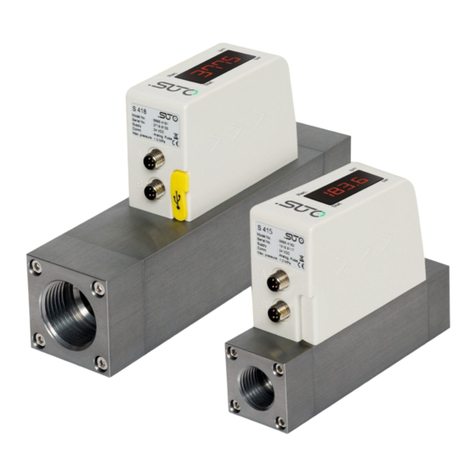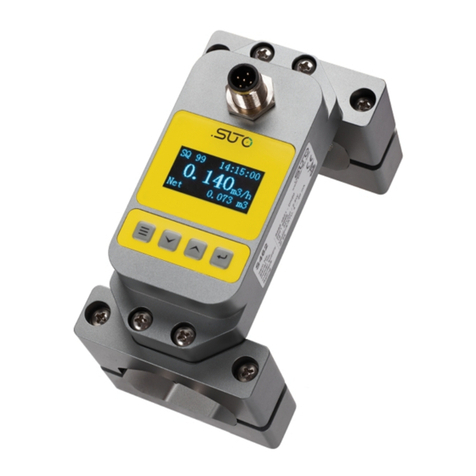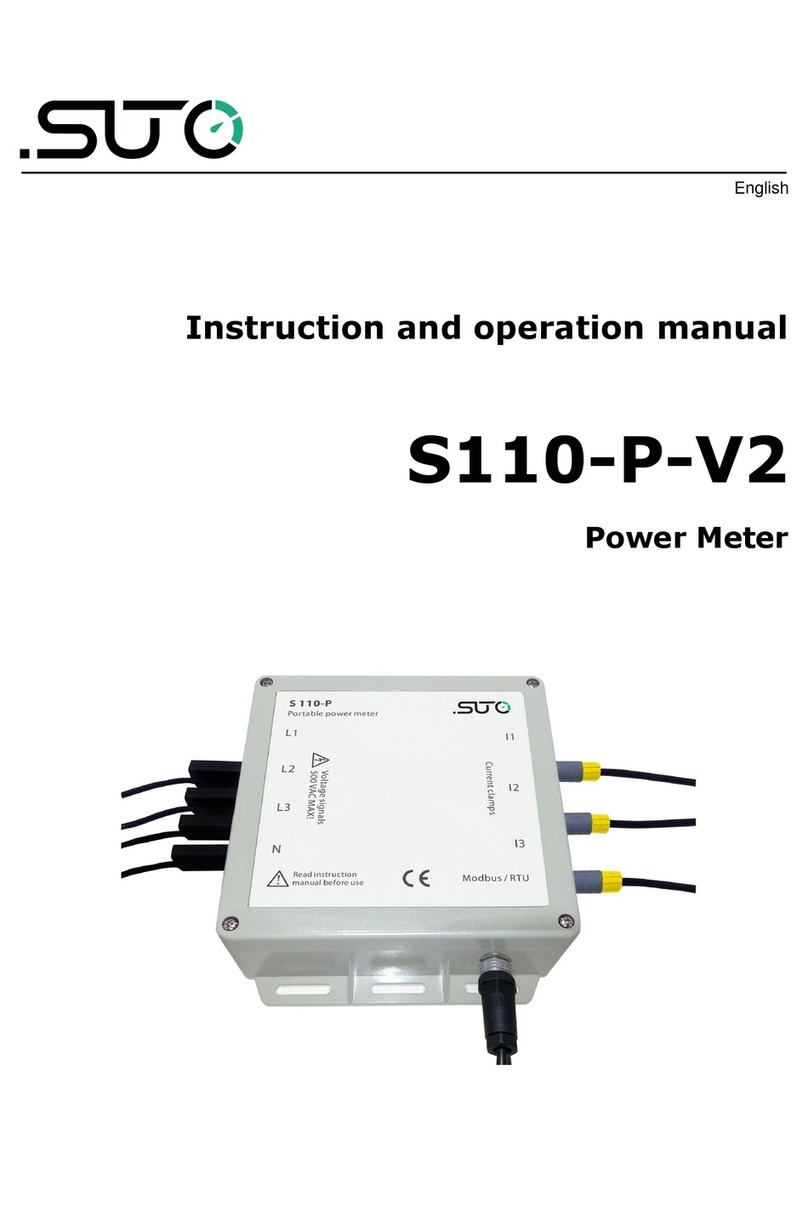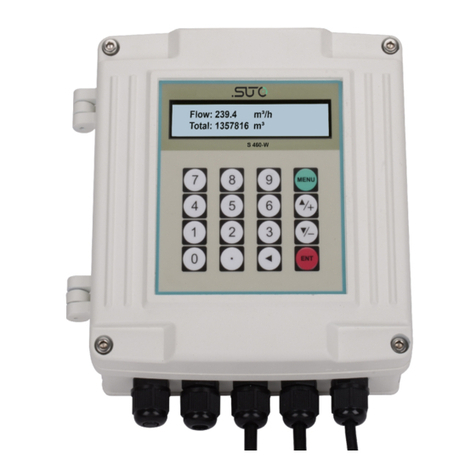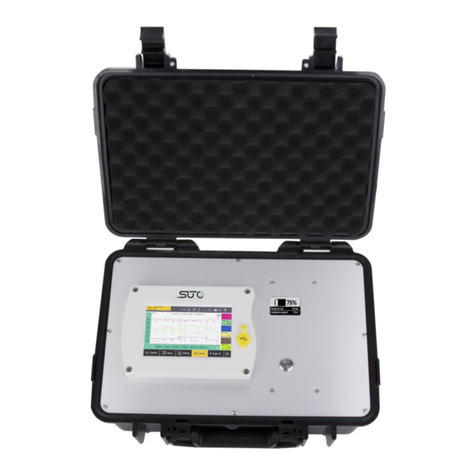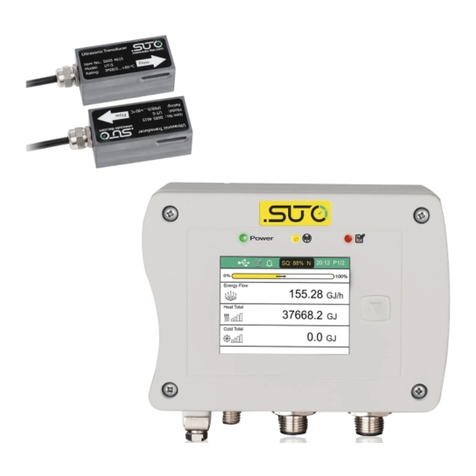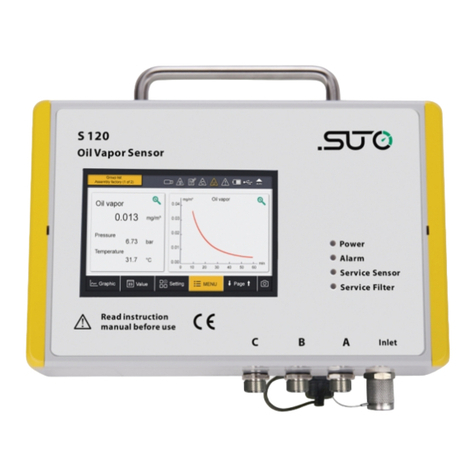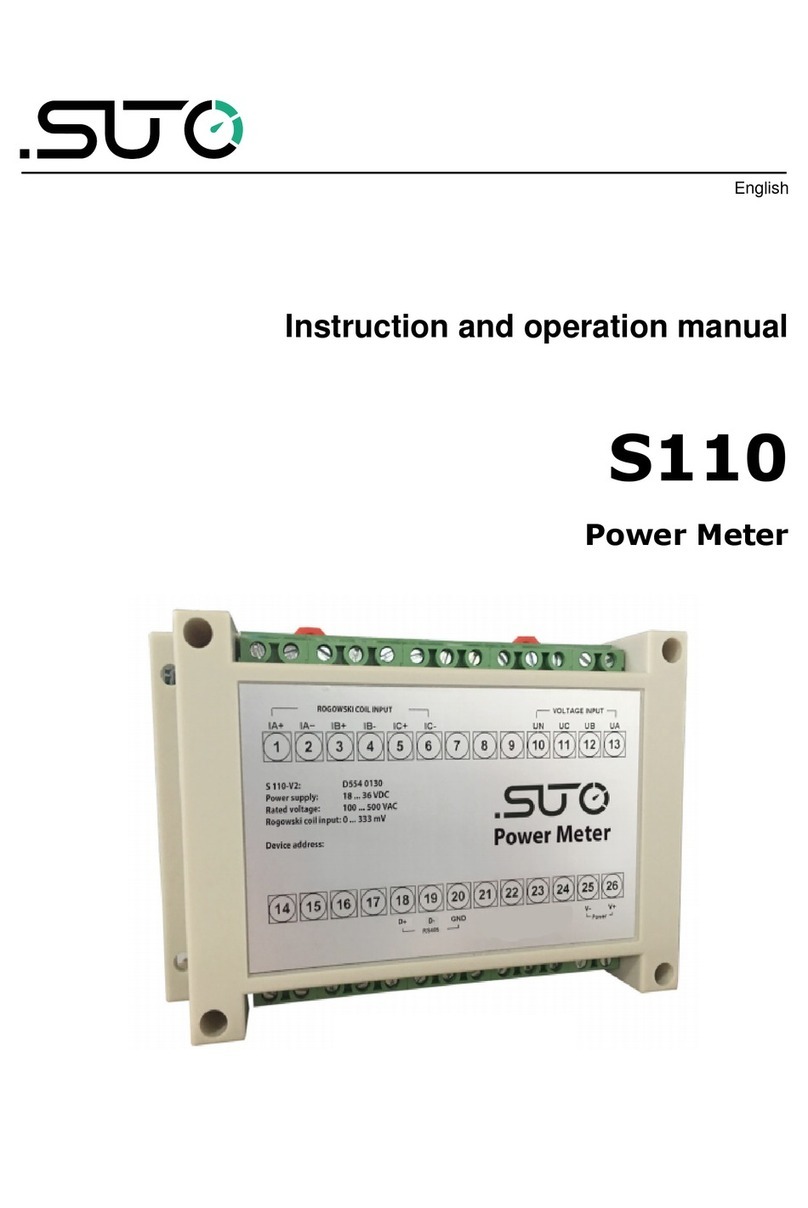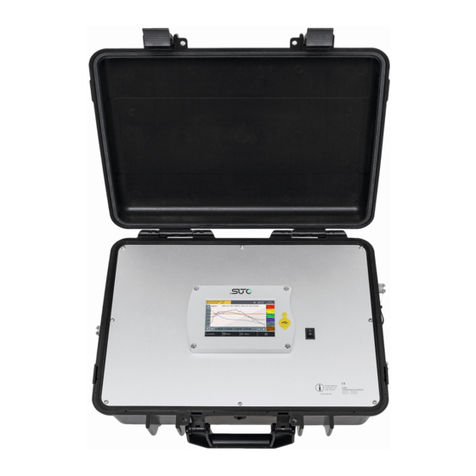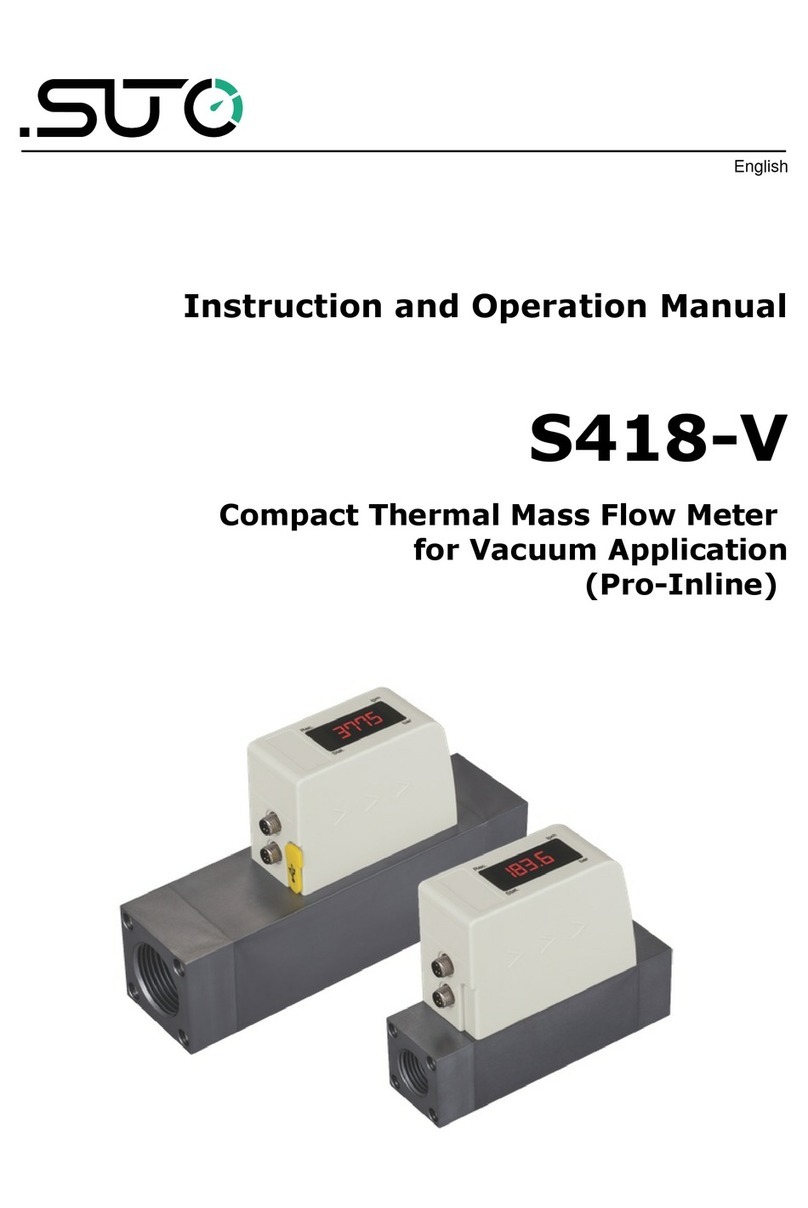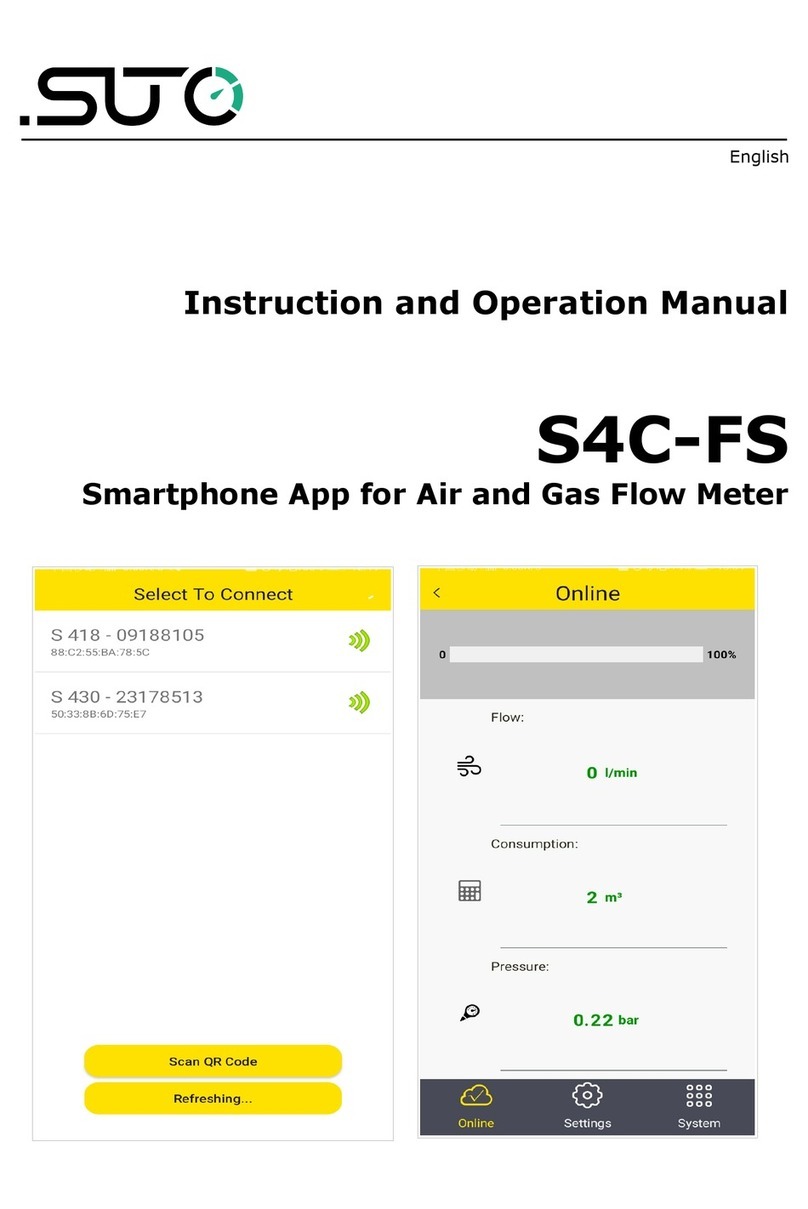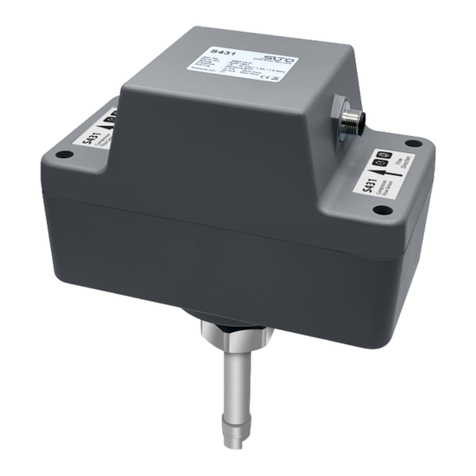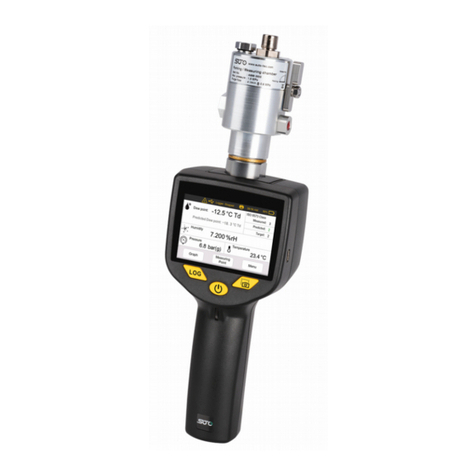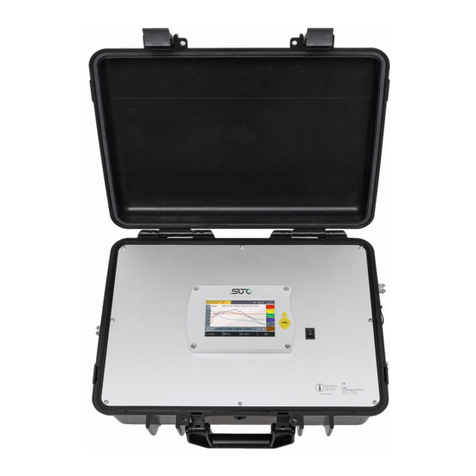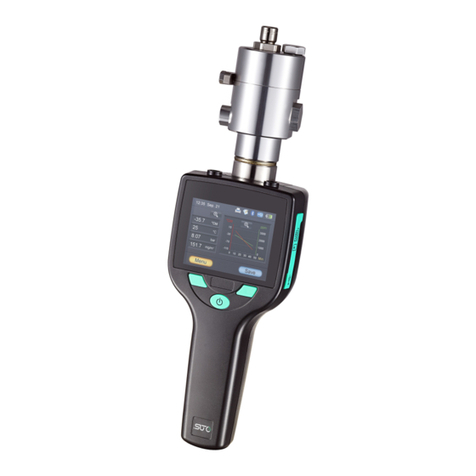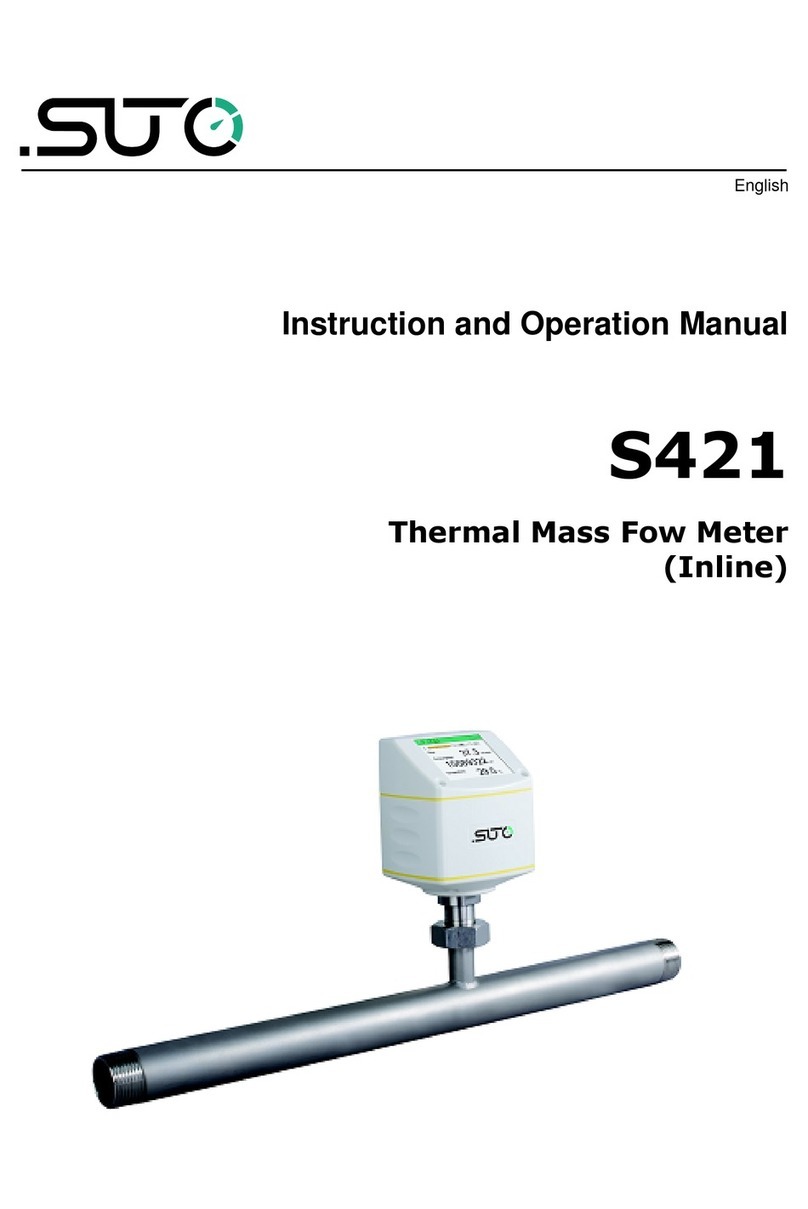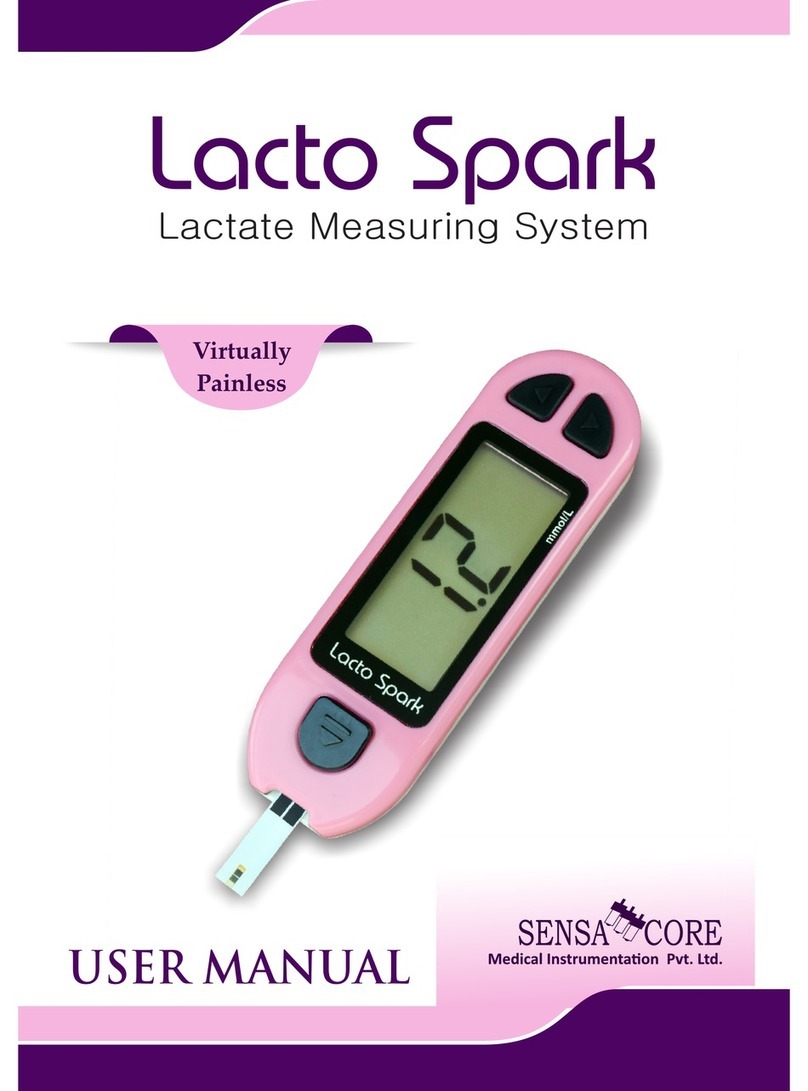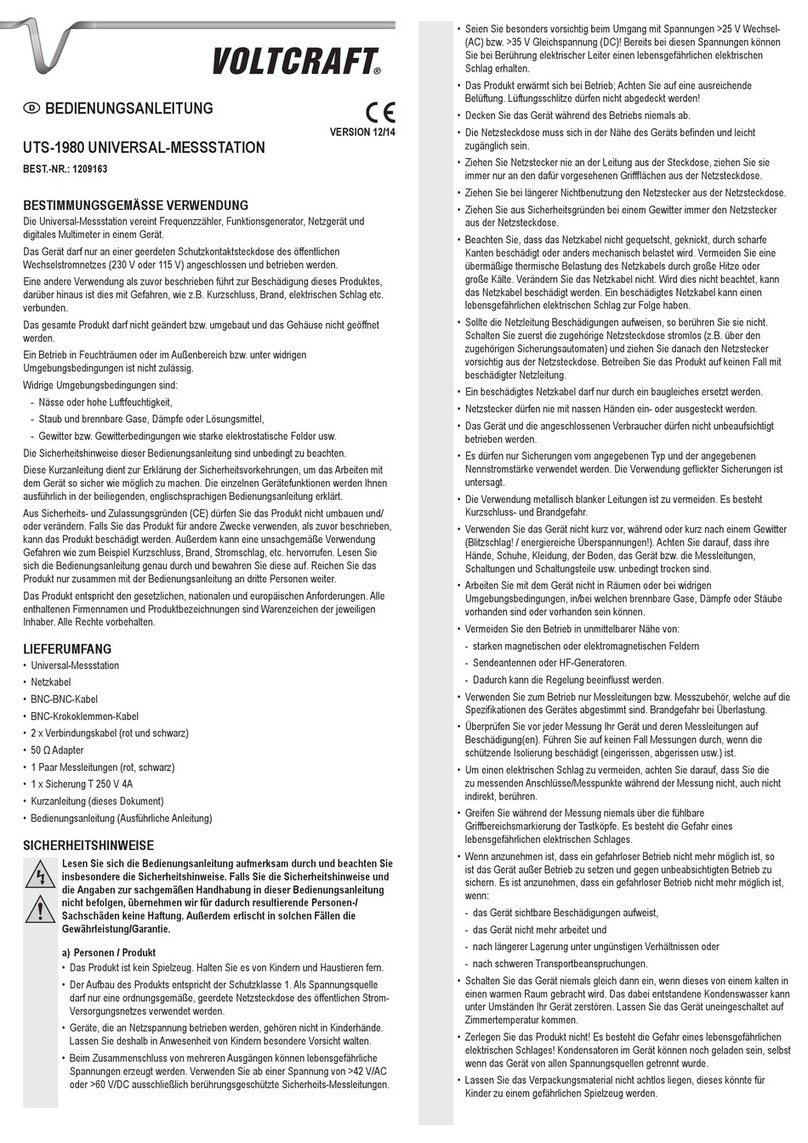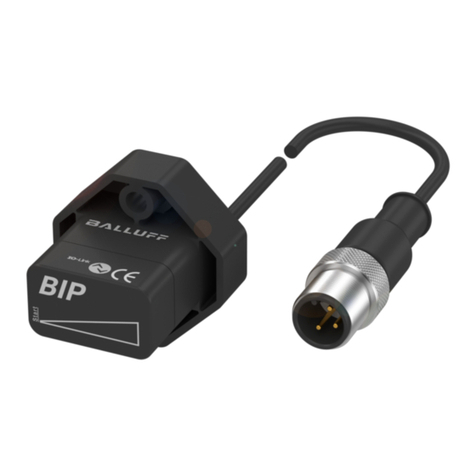Table of contents
1 Safety instructions......................................................................5
2 Registered trademarks.................................................................7
3 RF e posure information and statement.........................................8
4 Application.................................................................................9
5 Features...................................................................................10
6 Technical data...........................................................................11
6.1 General data.......................................................................11
6.2 Electrical data.....................................................................12
6.3 Output signals.....................................................................12
6.4 Accuracy ...........................................................................13
7 Dimensional drawing..................................................................15
8 Installation...............................................................................16
8.1 Installation requirements......................................................16
8.2 Determining the installation point..........................................17
8.2.1 Inlet and outlet sections...............................................17
8.2.2 Insertion angles..........................................................19
8.3 Calculating the insertion depth..............................................20
8.3.1 Center installation.......................................................21
8.3.2 100 mm-depth installation............................................22
8.4 Installing the sensor............................................................23
8.5 Performing the zero flow calibration.......................................24
8.5.1 Prerequisites...............................................................24
8.5.2 Using the service App S4C-FS.......................................25
8.5.3 Using the local display.................................................26
8.6 Removing the sensor ..........................................................27
8.7 Making electrical connection..................................................27
8.7.1 M12 connector plugs ...................................................28
8.7.2 Ethernet connection.....................................................29
9 Configuration............................................................................31
9.1 Description of sensor settings...............................................31
9.1.1 Flow settings..............................................................31
9.1.2 Unit settings...............................................................31
9.1.3 Reference conditions....................................................31
9.1.4 Factory settings..........................................................32
9.1.5 Output settings...........................................................32
9.1.6 Language setting.........................................................32
9.2 Configuration using the service App S4C-FS............................32
9.3 Configuration using the optional sensor display.......................33
9.3.1 Starting process..........................................................33
9.3.2 About the home page..................................................33
9.3.3 Configuration instructions.............................................34
S430 3
